
RESEARCH PROJECT
The benefit of solving blindfolded tactics in young and adult players
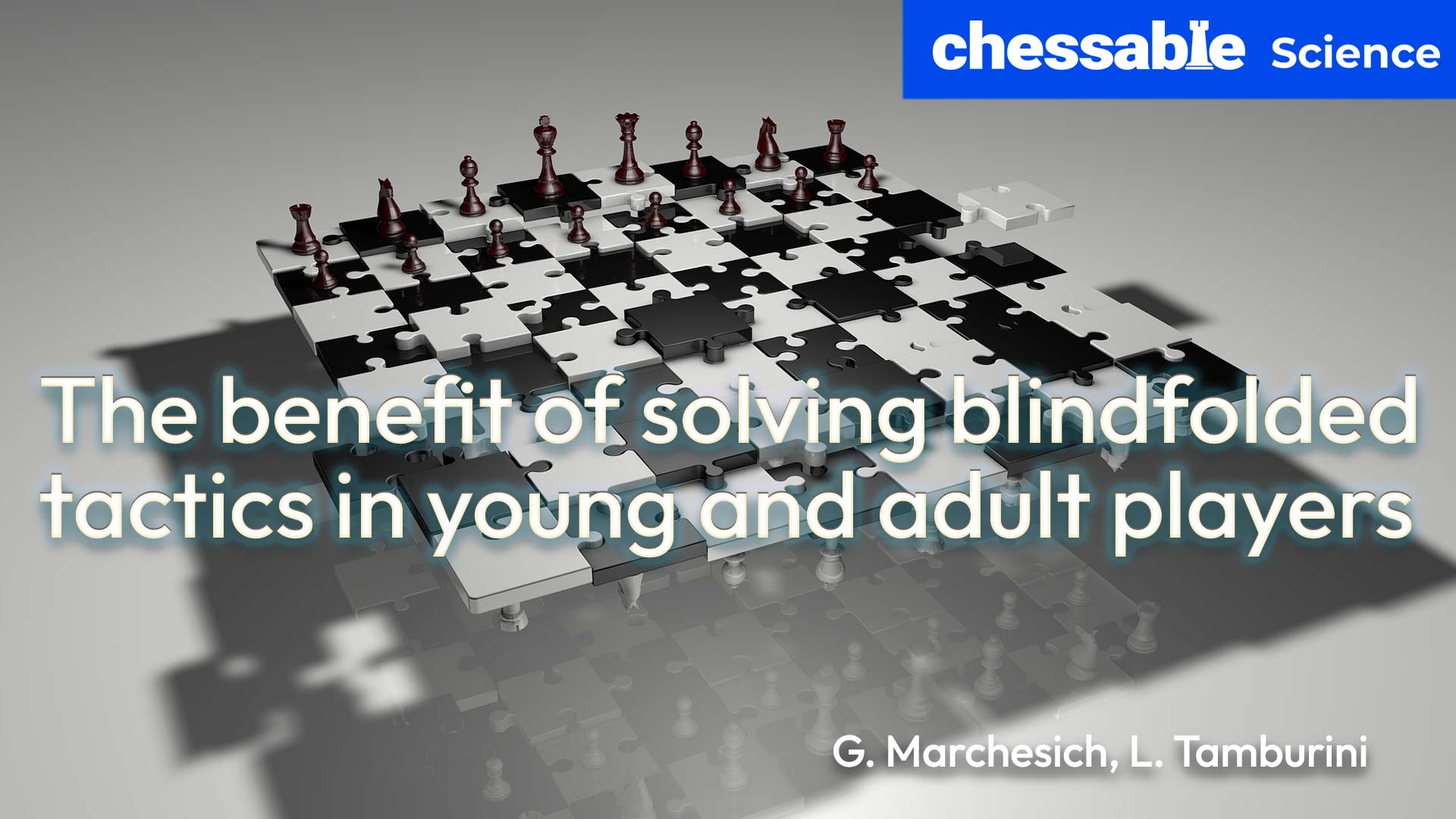

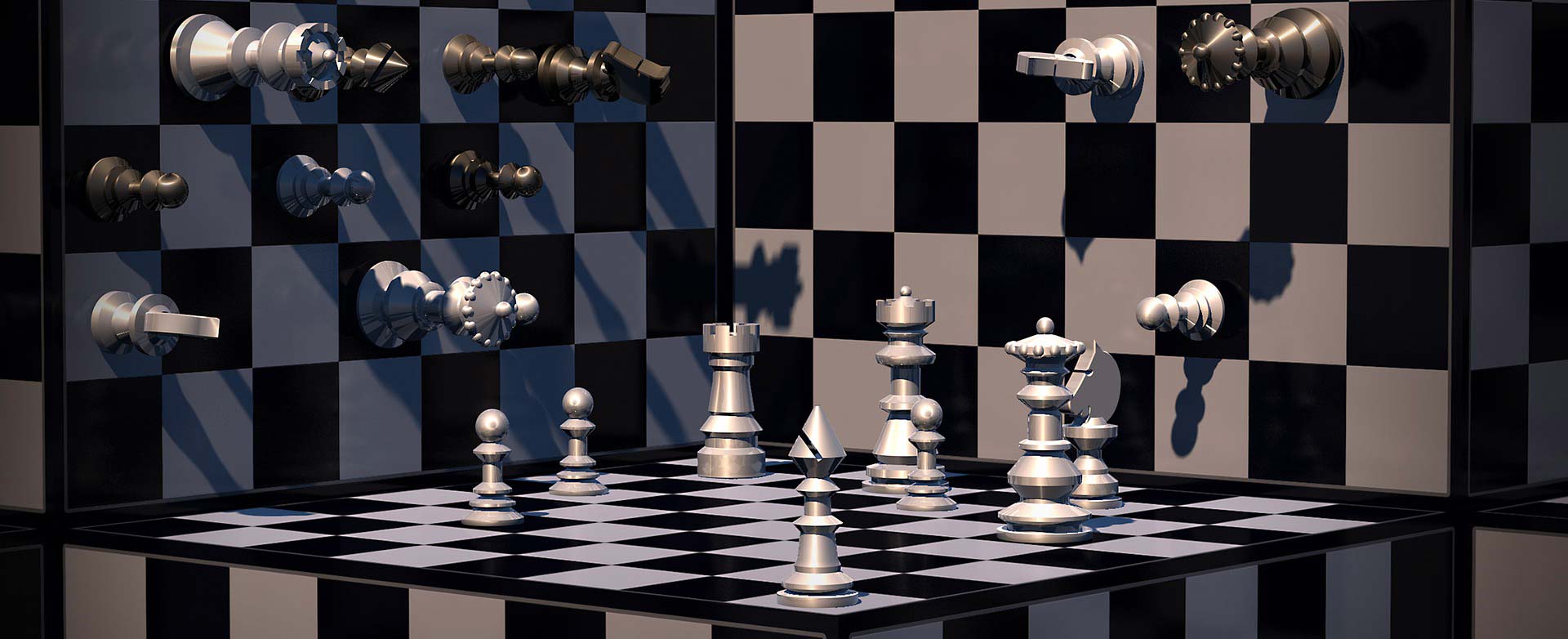
Introduction

Blindfold chess is a special type of chess game where both the board and pieces are not visible to its players. Famous chess players (e.g. Pillsbury, Koltanowski, Najdorf et al.) could successfully play 30-45 blindfold games simultaneously. For a common observer this seems to demand exquisite memory capabilities, but in the shadow of pattern recognition versus search dilemma, a specific area research area began to develop because blindfold chess attracted a lot of scientists because of its extravagance, leading a large number of studies. Binet (1893, 1894) studied about the abstract type of representation of such skilled players. Saariluoma (1991), Sarriluoma and Kalakoski (1997, 1998) studied the use of memory and decision making in blindfold chess and concluded that blindfold practice improves chess skills. Grandmaster Jonathan Tisdall (1997) argued that his ability to play chess blindfolded was one of the main reasons why he achieved the GM title. Campitelli and Gobet (2005) studied the mind’s eye in blindfold chess and argued that visual imagery plays an important role in problem solving. They showed how a theory of expert memory – the Template theory (Gobet and Simon, 1996, 2000) – accounts for most of blindfolded data. The results show that irrelevant information affects chess masters only when it changes during the presentation of the target game. Chabris and Hearst (2003) and Jeremic, Vukmirovic and Radojicic (2010) found no significant statistical difference between the rapid and blindfold games. RB Ramesh, Indian Olympic team coach, one of the most successful and influential chess trainer in the world, in a recent interview (News in Chess Magazine 2022/3) speaks about his teaching methods and says that most of his students are actually able to visualize better because they can read a chess book without a board and this is very useful. Ramesh says that his method products fantastic results.
Experimental Design
The aim of the project is to verify the didactic usefulness of solving blindfolded tactics in children and young people. A sample of about thirty students (males and females, 14 -30 years old) is expected to be formed and several training sessions with blindfolded tactical exercises will organized. Objective measures (not subjective evaluations) of the benefits of this method it is expected to collect by measuring several performance parameters (solving times of exercises, score in tournament, elo rating change after training sessions) and to compare them with their results before using this method. The experimental design also includes a control group of students of the same age and playing level, who never have solved blindfolded tactics but only tactics traditionally reproducing the moves on the board.
Data Analysis
The Performance x Blindfolded Tactics interaction will be analyzed. If this interaction is significant (p <0.005), any differences in the improvement as a function of elo rating (below vs above 1500 elo), age (above vs below 16 years) and gender (male vs female) will be researched. The results will be used as a basis for a course for young players.
Featured author
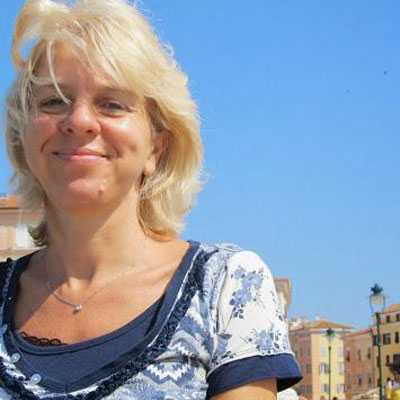
Laura Tamburini
Ministry of Education, Friuli Venezia Giulia 34124, Italy and Department of Life Sciences, University of Trieste, Trieste 34100, Italy and SicuraMente-young Non Profit Organization, Trieste 34141 Italy.
Research and Academic Experience: Ph.D. in Neural and cognitive science, teacher trainer, advisor of mobility education and road safety and project manager for international educational projects. Particular care in design and implementation of education initiatives to safe and sustainable mobility. Teacher of physics and mathematics in secondary school.
Researcher in astrophysics-cosmology in International School for Advanced Studies, Trieste, Italy
Research Area: Neural and cognitive sciences, didactics of physics.
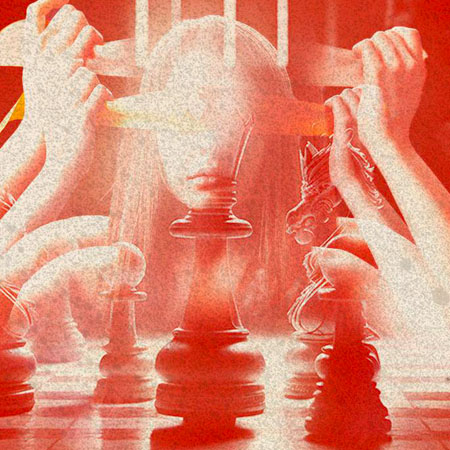
Featured author
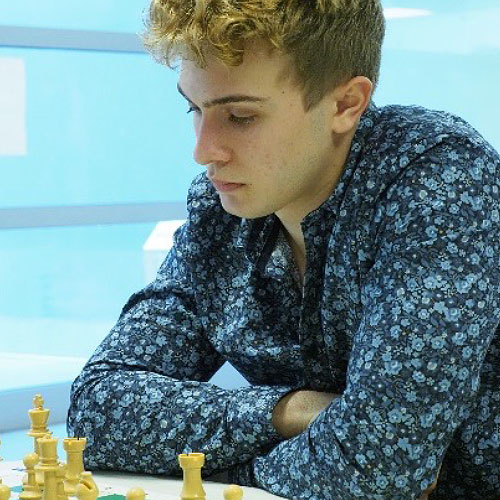
Giovanni Marchesich
SicuraMente-young Non Profit Organization, Trieste 34141 Italy.
Research and Academic Experience: Peer educator in promoting safe and sustainable mobility.
Research Area: Cognitive sciences, educational methodologies and social marketing of healthy lifestyles for young people
Any Other Remarkable Points: FIDE Candidate Master, FIDE Instructor and chess columnist. Particular care in mathematical analysis of the game of chess and application of the logical reasoning of playing .
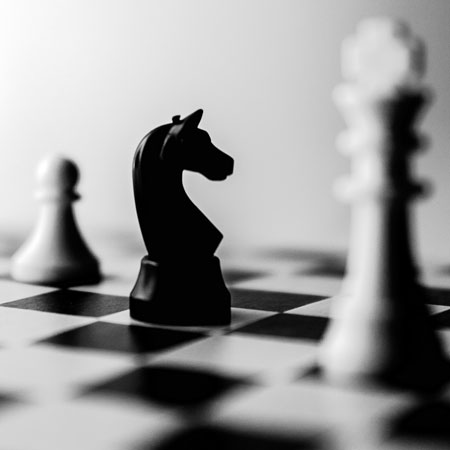

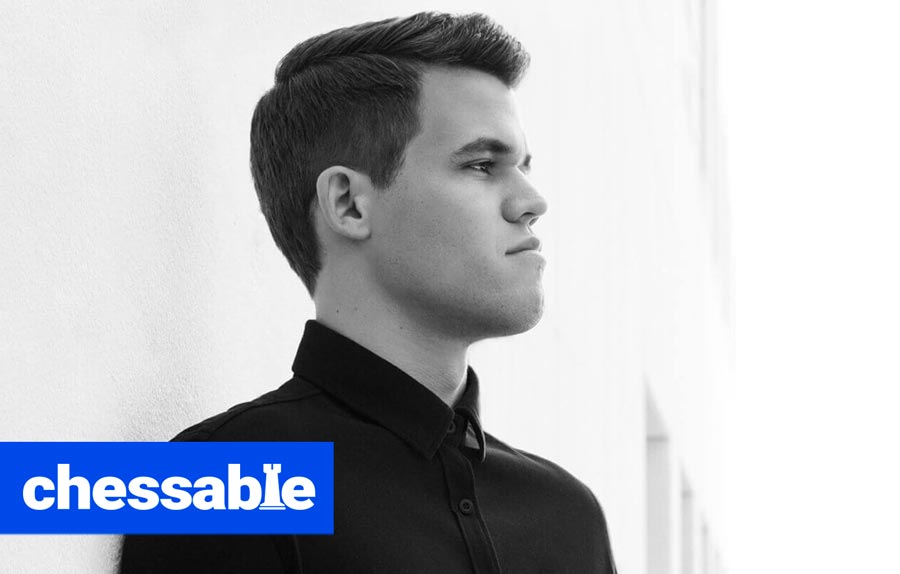

Contact
info@sicuramente-young.eu
(+39) 3385967032
(+39) 3343541219
Follow
